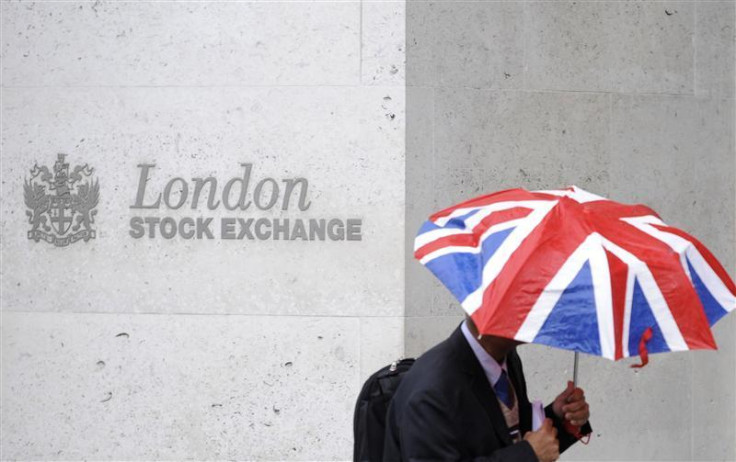Scotland Independence Referendum: UK Markets Vindicated by No Victory

The UK's financial markets are set to breathe a sigh of relief after voters in Scotland rejected independence.
A day's optimistic trading as the referendum voting took place was sparked by the final polls suggesting the 'No' campaign was about to win, a gamble that has paid off.
Overnight as the results came through, sterling rallied against the US dollar and yen, while the FTSE100 is expected to open up 1.2% - and could hit new highs throughout the day.
Gains are expected to be made in the share prices of some of Scotland's biggest companies, including the Royal Bank of Scotland and Standard Life, after days of concern and preparations for a break-up of the UK.
Martin Gilbert, chief executive of Aberdeen Asset Management, told Reuters the UK markets will welcome a reduction in the uncertainty of recent months.
Markets and firms were concerned about a number of unresolved economic questions surrounding independence, such as what currency Scotland would use and whether it could join the EU.
"From the perspective of the economy, the result should mean that it is business as usual," said a note from Investec Economics.
"Whatever uncertainty prevailed ahead of the vote should now dissipate and we foresee few changes to our broad expectation that UK economic growth will average a little above 3% per annum over the next couple of years.
"North of the border, it will be important for the Scottish government to assuage the business community there to neutralise any risks that the independence debate tempted some companies to redomicile or transfer some of their operations to England or Wales."
Despite the 'No' victory, UK gilt yields rose in response. Two-year gilt yields hit a nine-week high, while 10-year UK sovereign debt yields were the highest since the beginning of August.
"For gilts, which have outperformed US Treasury bonds, there could counter-intuitively be some downside with the referendum out of the way,"said Alan Wilde global head of fixed income at Baring Asset Management.
"One consequence of a Yes vote was that Bank of England (BoE) Governor Carney was expected to go slowly tightening UK rates.
"This outcome may now lead markets to focus back on growth and conclude that the UK economy needs some modest restraint and that the BoE will be ahead of the US Federal Open Market Committee raising official rates."
Alex Salmond, leader of the Scottish National Party (SNP) and first minister of Scotland, urged all Scottish people to accept the vote's result.
Despite losing the referendum, Salmond called it "a triumph for the democratic process and participation in politics".
Alistair Darling, a Labour MP and prominent face of the Better Together campaign, called it "a momentous day for Scotland".
© Copyright IBTimes 2025. All rights reserved.



















